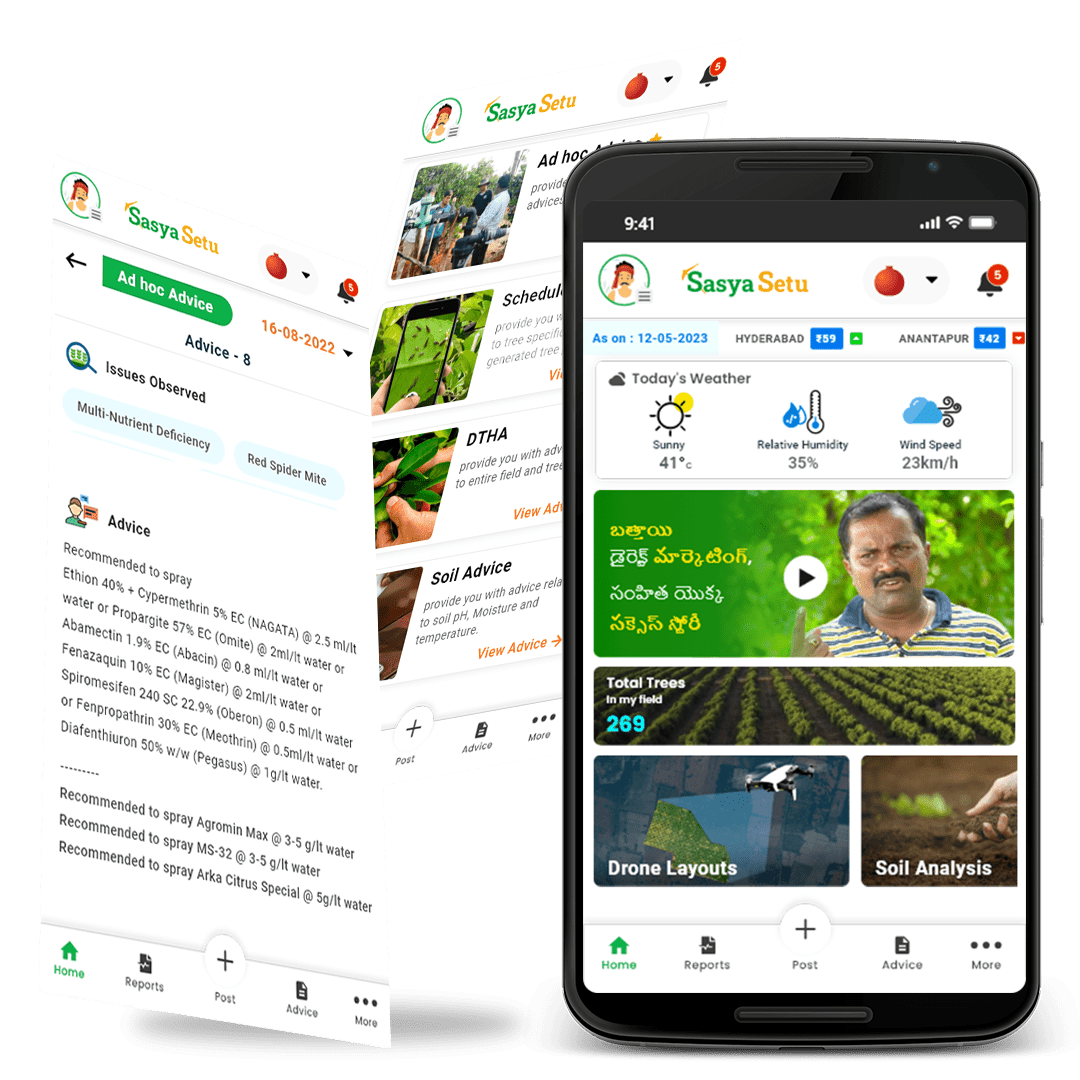The Effect of a Mobile App for Clinics on Process Efficiency and Patient Fulfillment
The Effect of a Mobile App for Clinics on Process Efficiency and Patient Fulfillment
Blog Article
The Future of Health Care: Why Clinics Need a Mobile Application Today
As the medical care landscape continues to progress, facilities encounter placing stress to adapt to client expectations for greater convenience and ease of access. The combination of mobile applications can serve as an important technique for improving client engagement and streamlining procedures.
Transforming Person Assumptions
As the landscape of medical care evolves, client assumptions are undertaking a substantial transformation. Today's people are increasingly seeking ease, availability, and personalized treatment.
In addition, clients are ending up being extra informed and equipped, usually researching conditions and treatments on-line prior to assessments. This increased understanding is paired with a need for transparency in healthcare procedures, including cost quotes and treatment choices. Consequently, providers are compelled to adapt by adopting digital tools that enhance the patient experience.
The expectation for timely and efficient communication has never been higher, with numerous clients thinking about responsiveness a vital element of high quality care. mobile app for clinics. In this developing landscape, health care organizations should recognize these changing assumptions and utilize mobile applications to cultivate an extra patient-centric technique, making sure that they not only meet but go beyond the criteria set by today's educated consumers
Enhancing Person Involvement

Mobile applications facilitate communication in between people and doctor, enabling real-time visit organizing, suggestions for medication adherence, and direct messaging functions. These capabilities not just enhance benefit however additionally construct a sense of accountability among clients. Mobile applications can use instructional web content customized to specific demands, aiding people much better recognize their problems and therapy choices.
The combination of gamification elements within medical care apps can also encourage clients to involve in healthy behaviors, reinforcing favorable lifestyle adjustments. Ultimately, boosting client engagement with mobile applications leads to improved health and wellness outcomes, higher patient fulfillment, and a more joint healthcare experience.
Enhancing Clinic Workflow
Streamlining center procedures is vital for boosting workflow performance and optimizing individual treatment. The implementation of mobile applications can substantially reduce administrative worries, allowing health care providers to focus a lot more on person interactions. By automating visit organizing, patient check-ins, and invoicing procedures, facilities can minimize wait times and improve general functional performance.
Mobile applications also assist in real-time accessibility to person documents, enabling health care experts to make educated choices promptly. This why not check here immediacy not just improves the top quality of treatment yet additionally reduces the possibility of errors connected with lost or dated details. In addition, leveraging mobile modern technology sustains an extra well organized approach to taking care of patient follow-ups and treatment strategies, guaranteeing that no important actions are forgotten.
This permits for timely replenishment and aids prevent disruptions in client treatment due to equip scarcities. By incorporating these functionalities into their day-to-day operations, facilities can produce an extra cohesive and reliable environment, eventually leading to improved client end results and complete satisfaction.
Improving Interaction Networks
Effective interaction is regularly cited as a keystone of quality health care distribution. In today's hectic clinical environment, mobile applications can considerably boost interaction channels in between facilities, people, and healthcare providers. By integrating mobile applications right into their procedures, facilities can promote real-time communications, ensuring that clients get prompt details concerning their appointments, test results, and treatment strategies.
Mobile applications additionally equip clients to interact straight with their medical care groups via secure messaging functions. This straight line of communication promotes a sense of involvement and enables prompt clarification of concerns, which can lead to better adherence to treatment protocols. Push notices can remind patients of upcoming appointments or drug timetables, decreasing no-show rates and boosting total health and wellness end results.
Staying Affordable in Healthcare
In a quickly evolving medical care landscape, companies should focus check my source on innovation and versatility to keep an one-upmanship. The combination of mobile applications right into healthcare services address is no more optional; it is essential for clinics intending to boost patient interaction, improve operations, and enhance general solution distribution.
As patients progressively depend on digital platforms for health administration, centers that stop working to take on mobile modern technology risk falling behind. A well-designed mobile app can use functions such as consultation organizing, telemedicine appointments, and accessibility to medical documents, offering individuals with comfort and cultivating commitment.

Rivals are additionally investing in mobile options, so staying in advance requires continual enhancement and remaining notified concerning technological advancements. Centers must not just implement mobile applications however also involve in regular updates and refinements. Inevitably, the successful assimilation of mobile innovation will certainly differentiate forward-thinking health care organizations and established the benchmark for patient-centric care in an electronic globe.
Final Thought
In verdict, the integration of mobile applications in clinics is important to attend to the developing landscape of client expectations. Ultimately, the calculated implementation of mobile applications stands for a critical action towards providing available and tailored health care, consequently satisfying the needs of today's encouraged patients.
Eventually, improving client involvement through mobile applications leads to enhanced health and wellness results, higher patient fulfillment, and a much more collaborative healthcare experience.Mobile apps likewise facilitate real-time accessibility to individual records, making it possible for medical care experts to make informed choices rapidly. In today's fast-paced medical setting, mobile applications can dramatically boost communication channels between facilities, individuals, and health care service providers.Mobile applications also encourage individuals to communicate straight with their health care teams via safe and secure messaging features. Ultimately, the critical application of mobile applications represents a vital step towards delivering tailored and easily accessible health care, therefore satisfying the requirements of today's encouraged clients.
Report this page